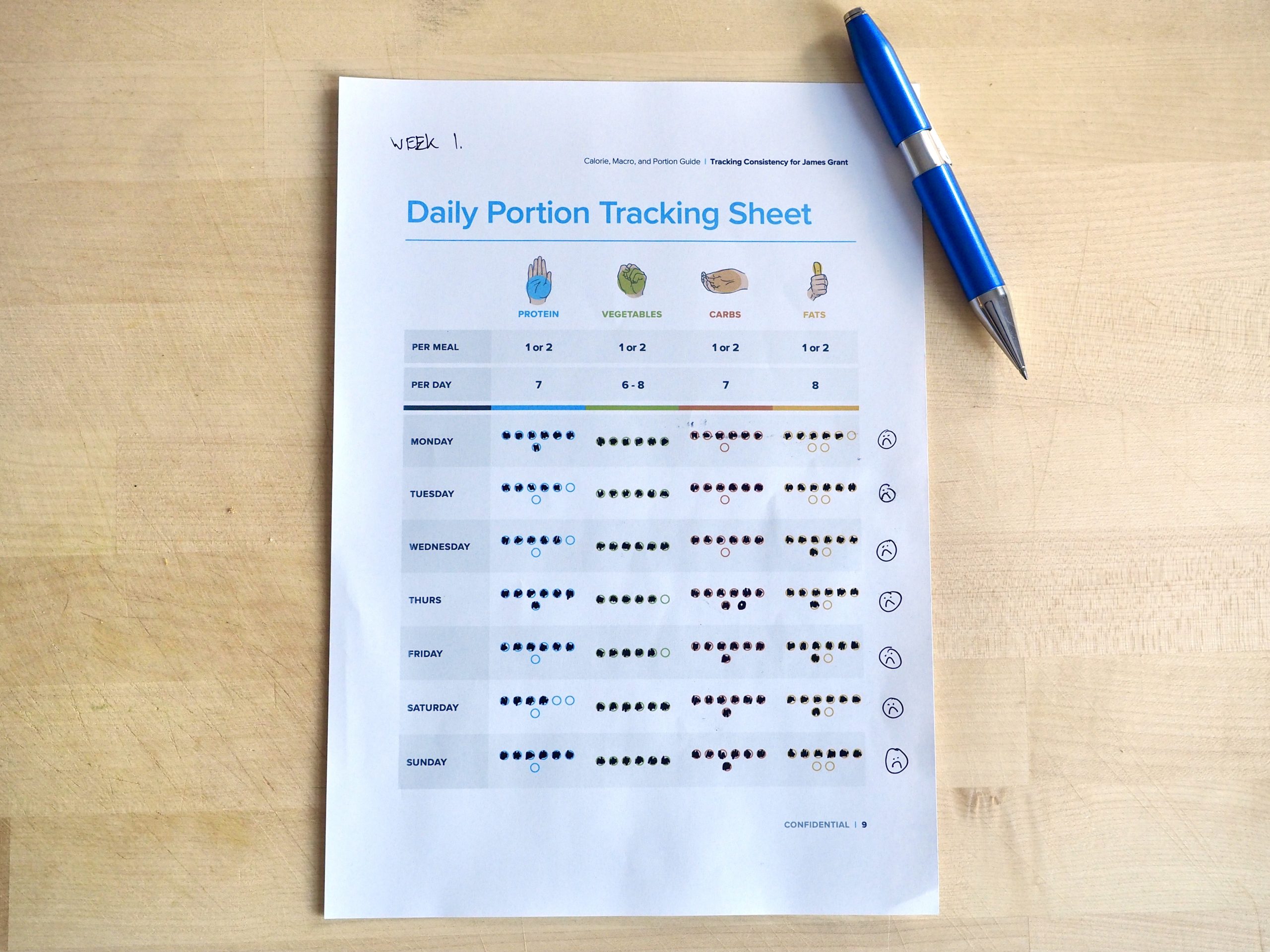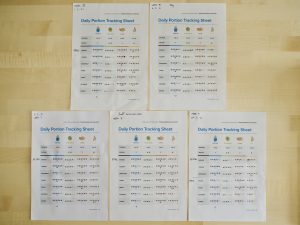The undeniable truth of food tracking
The new novelty of logging my meals has illuminated realities that deep down I think I always suspected.
Firstly photographing your meals – like so many dedicated social media types do; is just as tedious as I thought and takes a fair degree of discipline when all you want to do is eat.
Secondly, even if you consider yourself as smugly hitting your daily baseline RDA of vegetables; without evidential data the likelihood is that you still probably aren’t.
Thirdly, despite the ongoing debates of what is an optimal protein intake, you still probably aren’t eating enough. As for non meat eaters you almost definitely aren’t unless you’ve addressed it directly and pay close attention.
And finally, carbs, ah the wonderful carbs, my friend the potato, my chums the pasta shapes are dining with you far, far too often.
Really paying attention to the food I’m eating is an awareness piece that I should have done a long time ago. I’m a keen student to nutrition and health, but my applied ‘real world’ approach is reasonably relaxed (maybe that’s a generous word to use!).
Now that I’m actually keeping score I’ve noticed just how easy it is to eat ineffectively, one particular weakness being the slip into a carb dependant diet.
Whilst delicious, the primary opportunity cost of a carb majority, is the tendency for carbs to muscle out the more civilised food groups that offer so much more.
It’s a bit like dinner with my family, you could have Elon Musk, Aristotle or Ada Lovelace at the table, but unless restraint is enforced, their chances of ever being allowed to finish a sentence is pretty unlikely.
I’m not even talking about junk carbs either. The humble potato is a veritable pandoras box of alluring potential, with so many cooking options I could easily include them in every meal of the week.
As for pasta, bread doughs and rice, well they all fall into the A-list category with a fan base bigger than Schwarzenegger, and a tendency to always sit at the top of a guest list.
The classic stumble to a greater or lesser degree is to eat too few vegetables, a bad profile of fats and an excess of simple or refined carbs. Protein is a bit of an anomaly as meat eaters will generally eat enough but perhaps won’t consider the quality or a more diverse spectrum of sources. As for non-meat eaters, it is quite an effort to compensate for the ease of access to protein that meat and fish offers.
Despite my awareness of this, it wasn’t until I began tracking my protein intake that I realised that in my low meat diet, I had fallen prey to this oversight too.
Through tracking I’ve seen how distorted my view of my eating has been. By no means is my diet terrible, but had I assessed my own food diary as I would a client, there would be plenty of room for improvement; my protein intake is too low, I need to consume more vegetables and fats and I need to rein in my carbs.
This has spurred me to restructure my food pyramid and as a cook I can get inspired to find creative ways to make this more appealing.
This is just another element of what the Cupboard Challenge is all about.





